With the conclusion of my final year of residency training comes a time for reflection. I’ve written similar posts at the end of my intern year, CA-1/PGY-2 year, and CA-2/PGY-3 year, but this post is far more sentimental as I’m now done with my time as a trainee in the Texas Medical Center. Here are some topics I want to discuss (especially for the new interns):
BE KIND
Regardless of work schedules, personal problems, and stressors, we must always dedicate a piece of ourselves towards kindness. There are times when our patience is tested to the extreme. Why am I receiving so many “ridiculous consults?” Why can’t the attending “stop nitpicking?” Why are the nurses “always bothering” me about sign outs? Unfortunately, I became accustomed to hearing other residents stating the aforementioned, but it’s nice to just take a deep breath and be the bigger person. Don’t judge others for having a bad day or being wrong – use these as opportunities to help and teach! Kindness towards others always seems to come back around. 🙂
PATIENTS ARE HUMANS – NOT DISEASES
This is a personal pet peeve. Patients are humans. They are not diseases (ie, “the schizophrenic”, “the amputee guy”, the “heart failure lady”), and they are especially not “rocks” or “placement issues.” We need to change these small mannerisms to foster a more accepting culture amidst the ever-growing cynicism permeating much of medicine.
WORK ETHIC
Incompetence is expected at the beginning of your intern year. This is where one realizes the stark differences between textbook medicine (medical school) and clinical medicine (residency). For senior residents and attendings, it’s a dream to have interns who are genuinely committed to improving their clinical skills by arriving early, staying late, taking chances, asking questions, working hard, and being a team player. These all come with the newfound role as a young physician.
However, confidence tends to build complacency, and people will start cutting corners. I cannot teach you work ethic, but it’s arguably the number one factor which determines one’s ability to succeed in residency (and life, for that matter). Every single patient deserves your utmost care and sincere dedication – don’t lose this trust by slacking off.
LAUGH AT YOURSELF
Residency is riddled with making mistakes under the keen eye of an attending and/or senior resident. The overwhelming majority of these mistakes will not have any clinical significance, and for this reason, be comfortable laughing at your mistakes while simultaneously learning from them and ensuring your colleagues learn as well. Stop worrying about “looking dumb” or embarrassing yourself on rounds. Your patients don’t need that kind of self consciousness from their physicians. They need someone humble enough to admit their knowledge gaps who also works tirelessly to fill them.
PERSPECTIVE
I’ve been asked by some of my colleagues why I always seem so happy, and my answer has always been rooted in perspective. Every single one of my patients is in a worse situation than I am. Many will never speak again, others are facing the very real possibility of death minute-to-minute, and some have absolutely zero social support during these tribulations. I have very little reason to complain about my life in comparison. It’s as simple as that. 🙂
This marks the end of my residency posts, but I’ll be looking forward to sharing my experiences as a clinical fellow in the next few weeks. Here are some pictures from my final year of residency training!



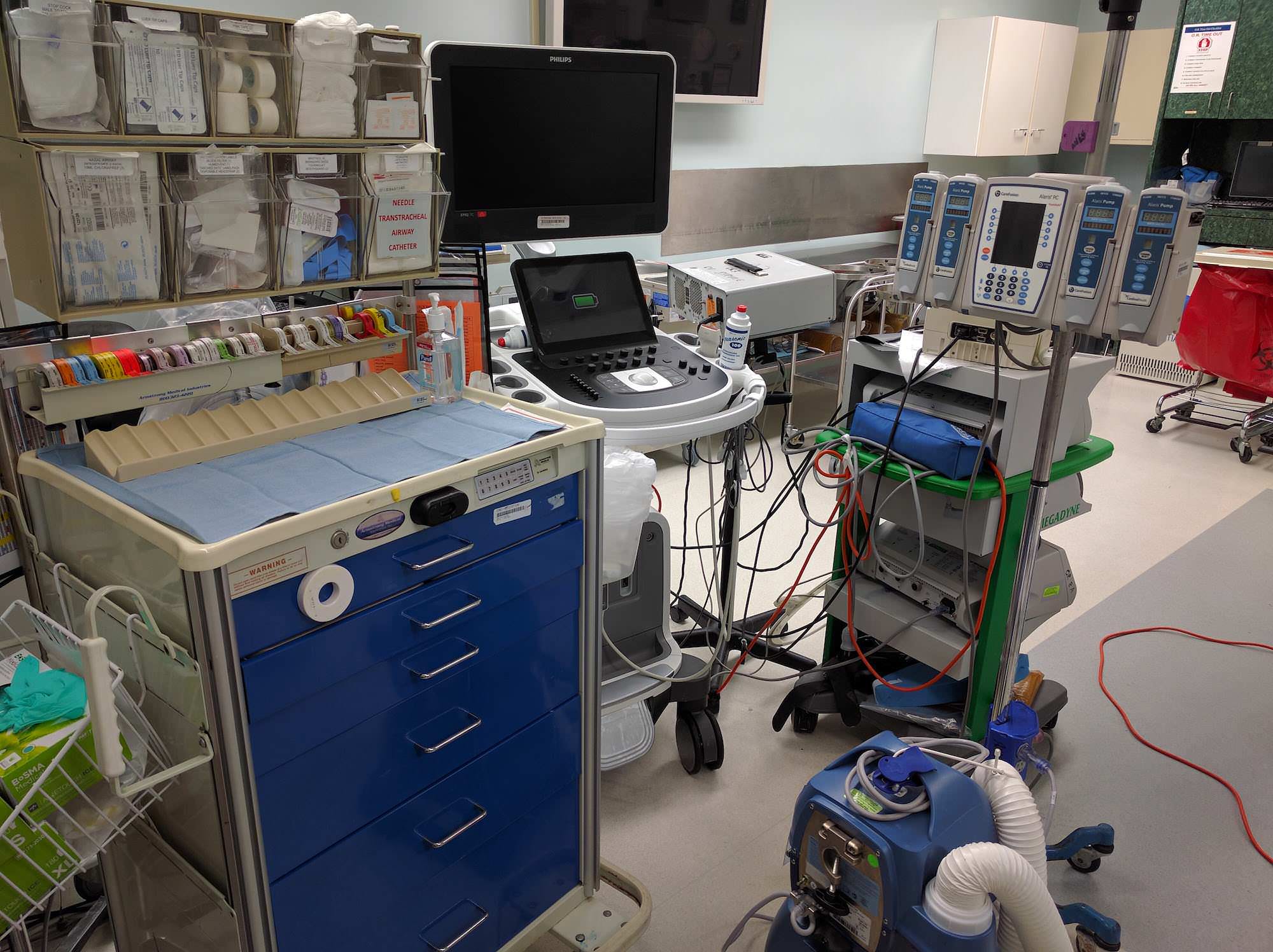
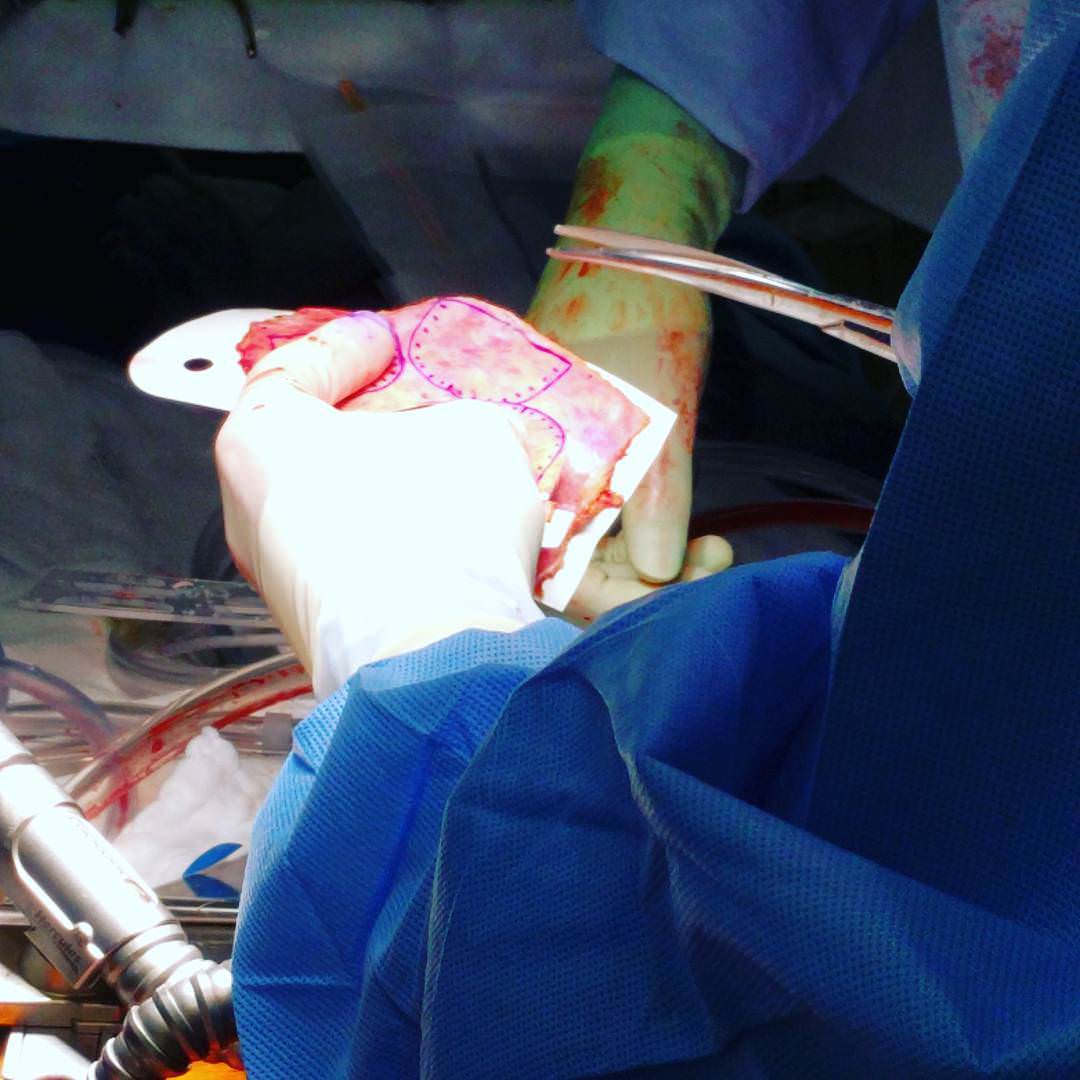
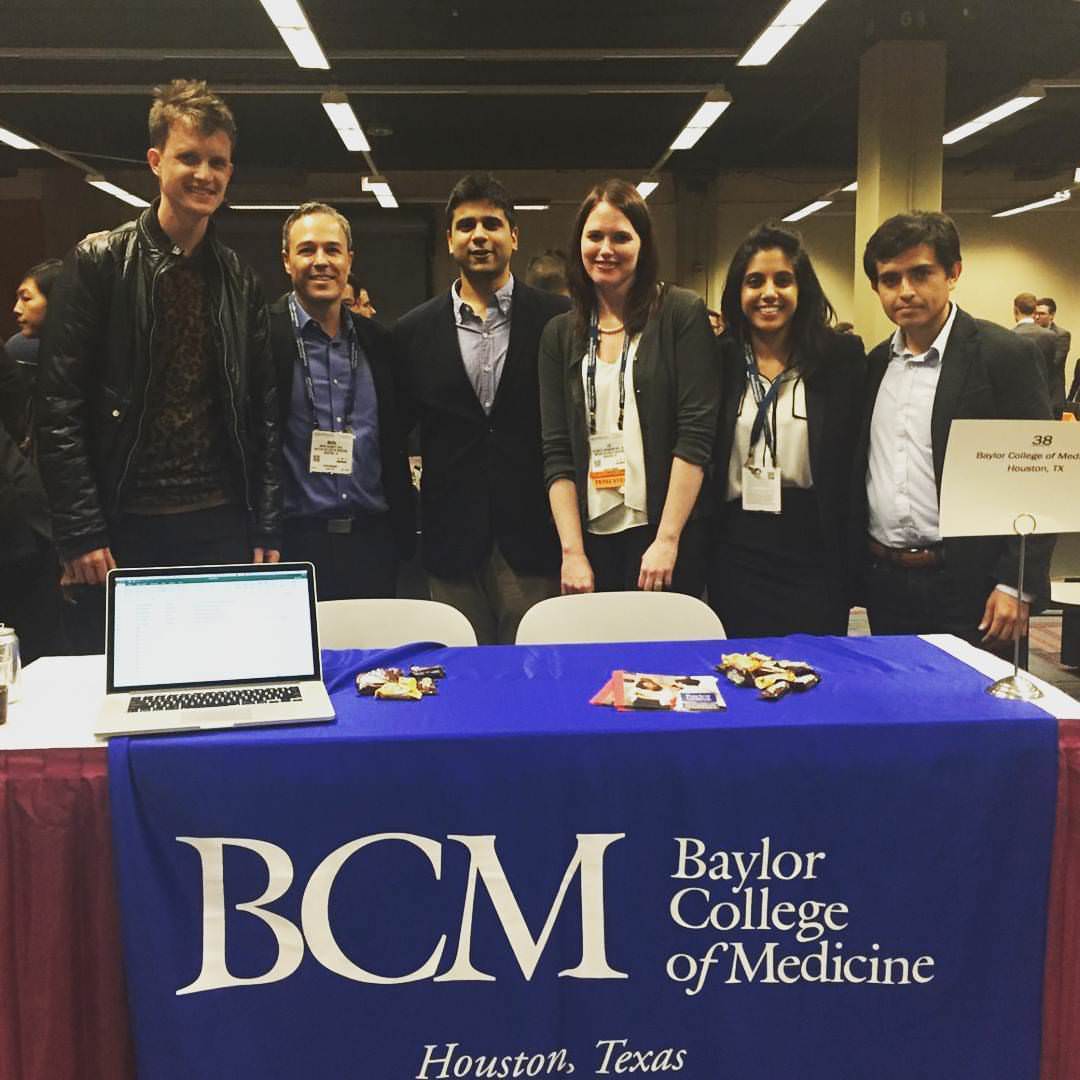

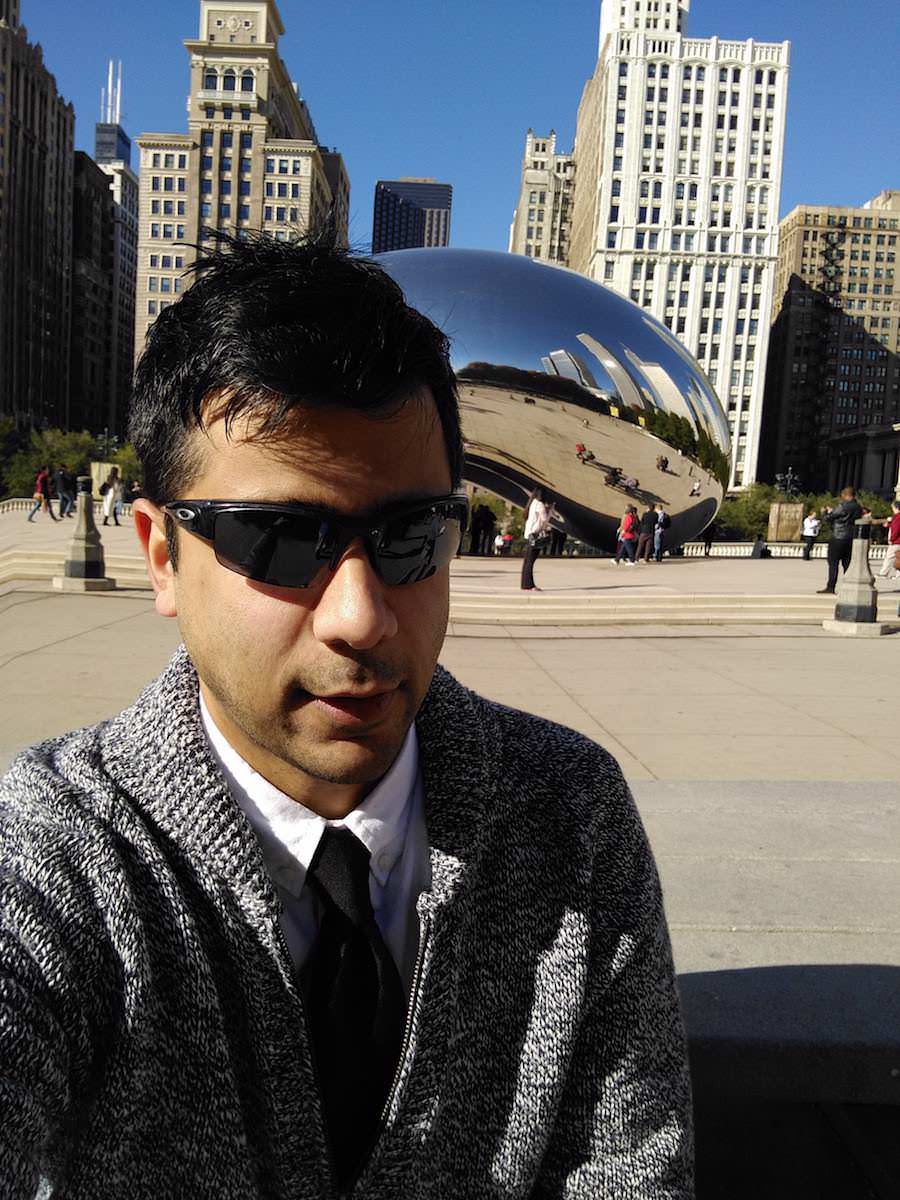
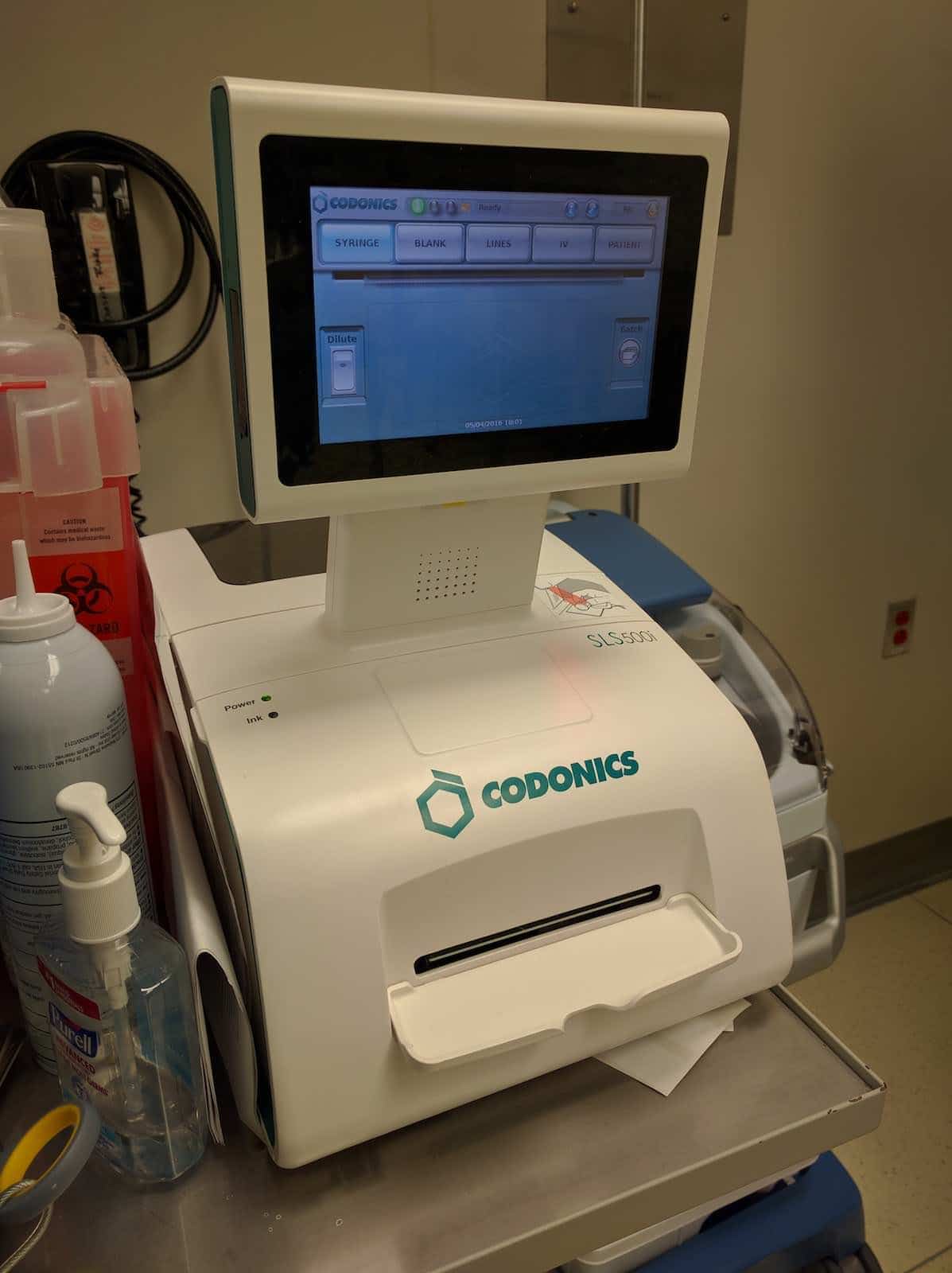

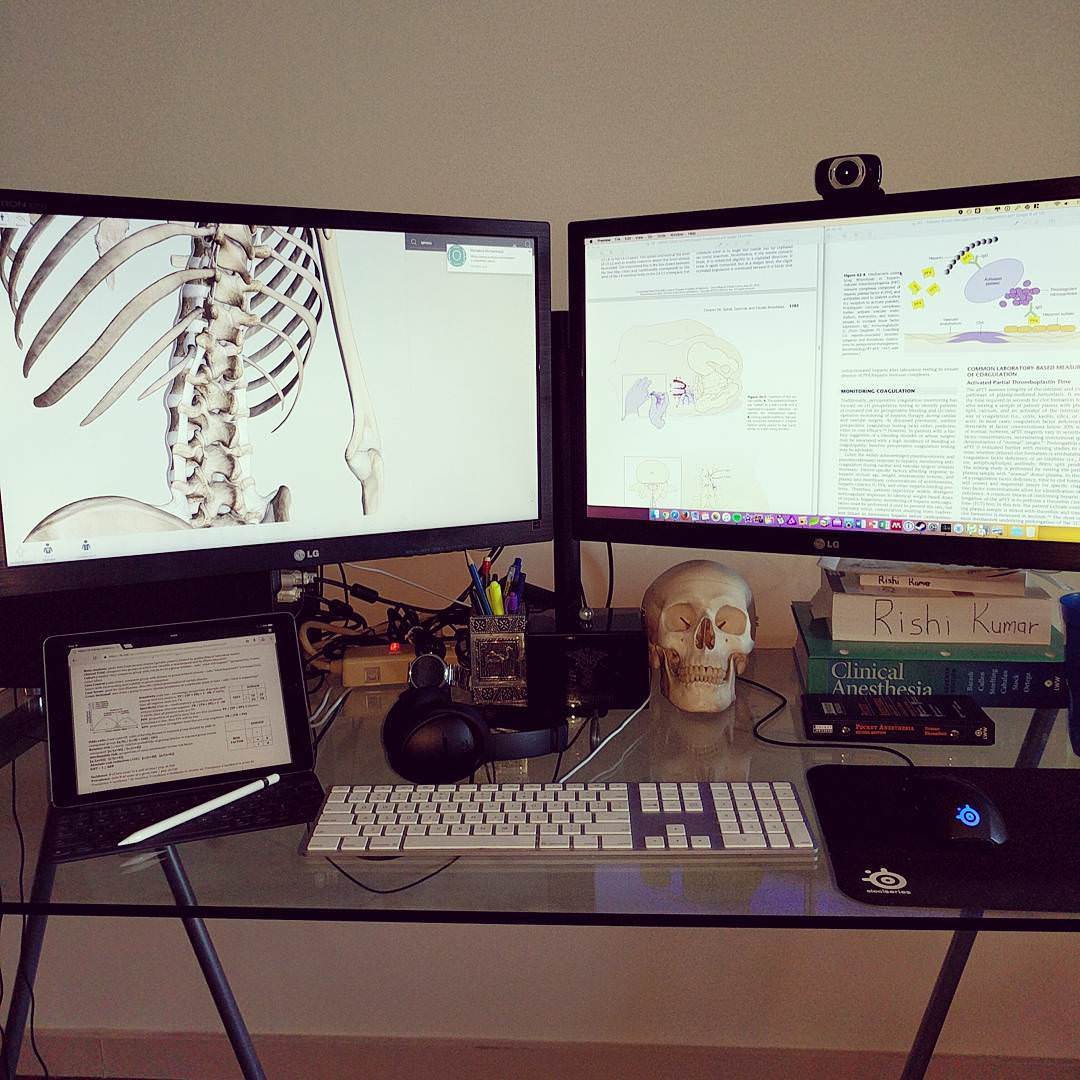

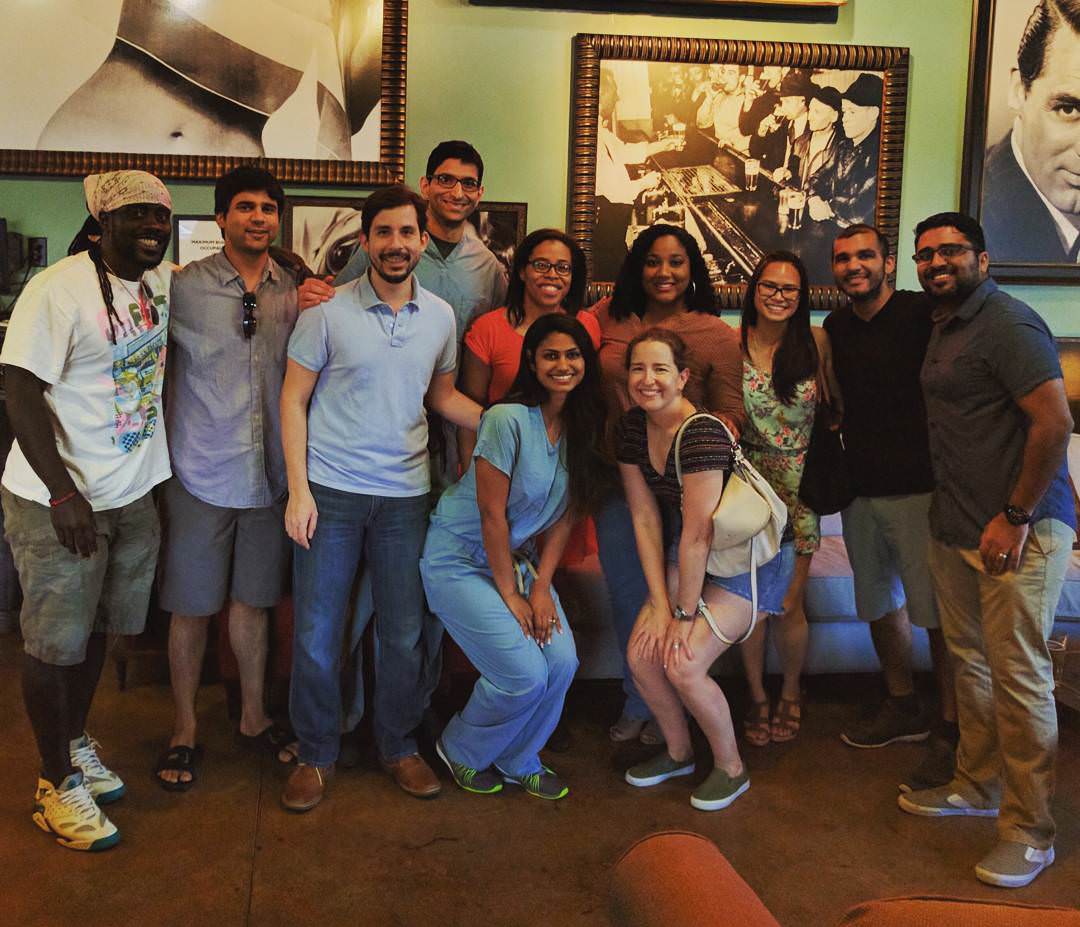
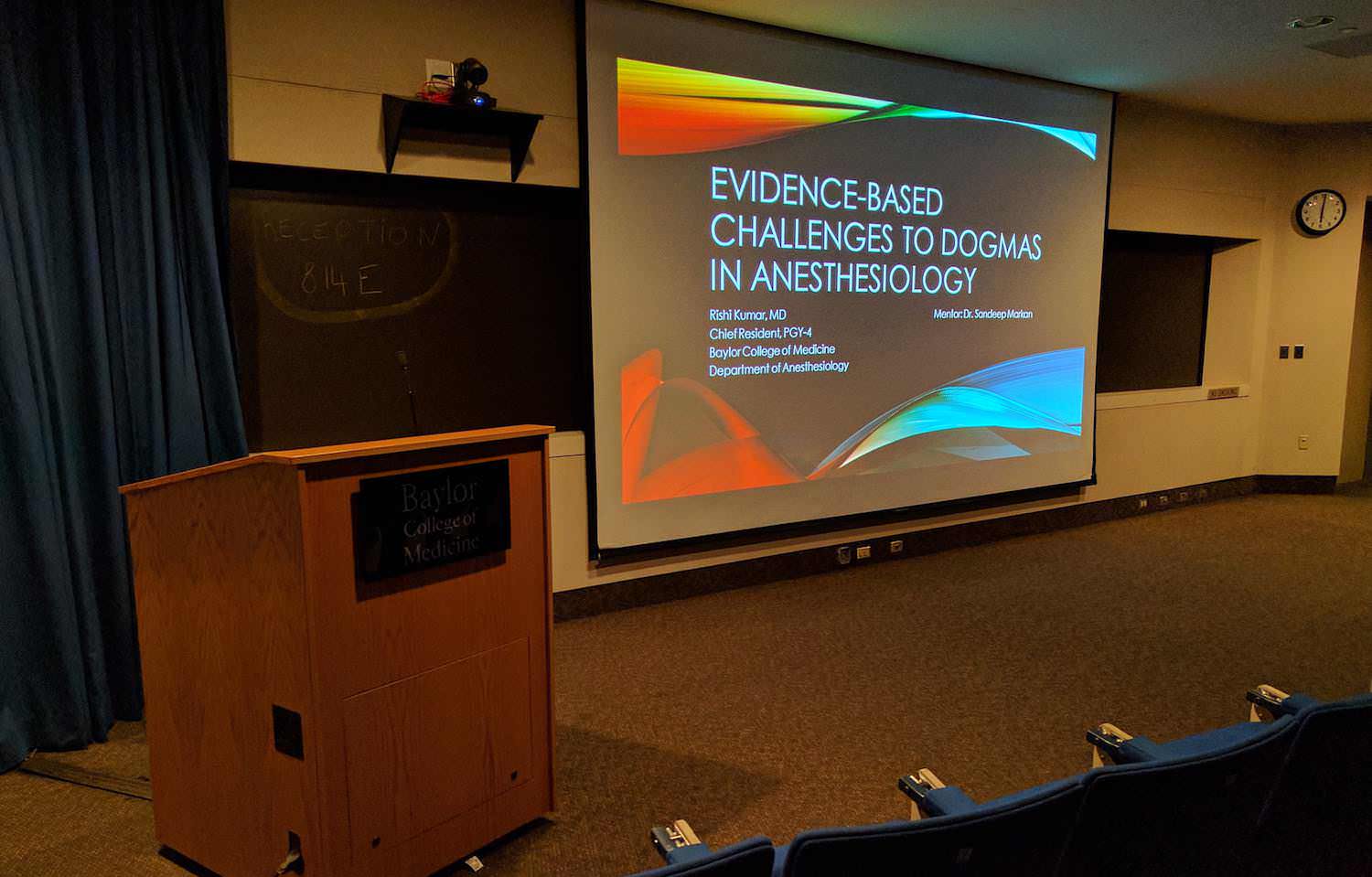

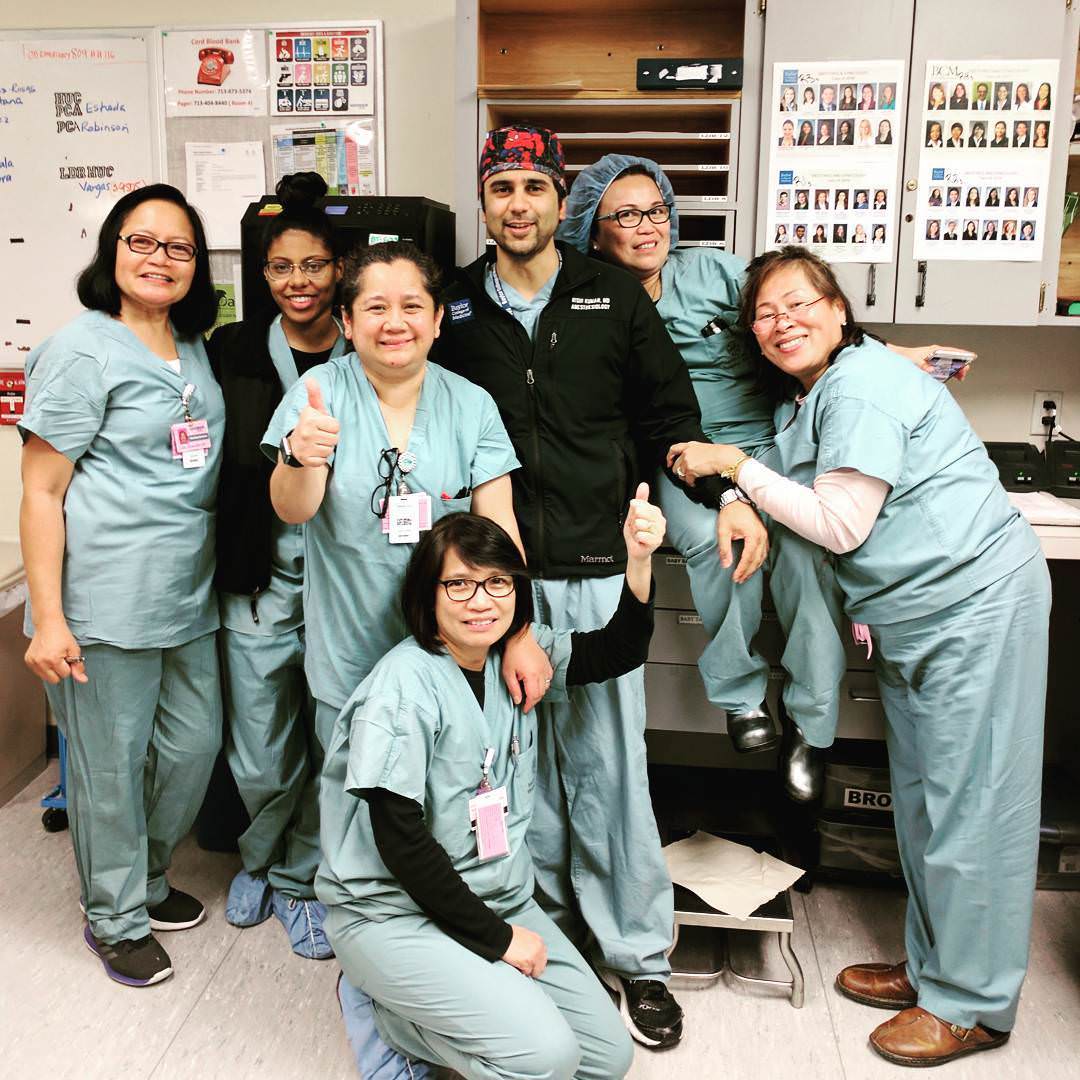
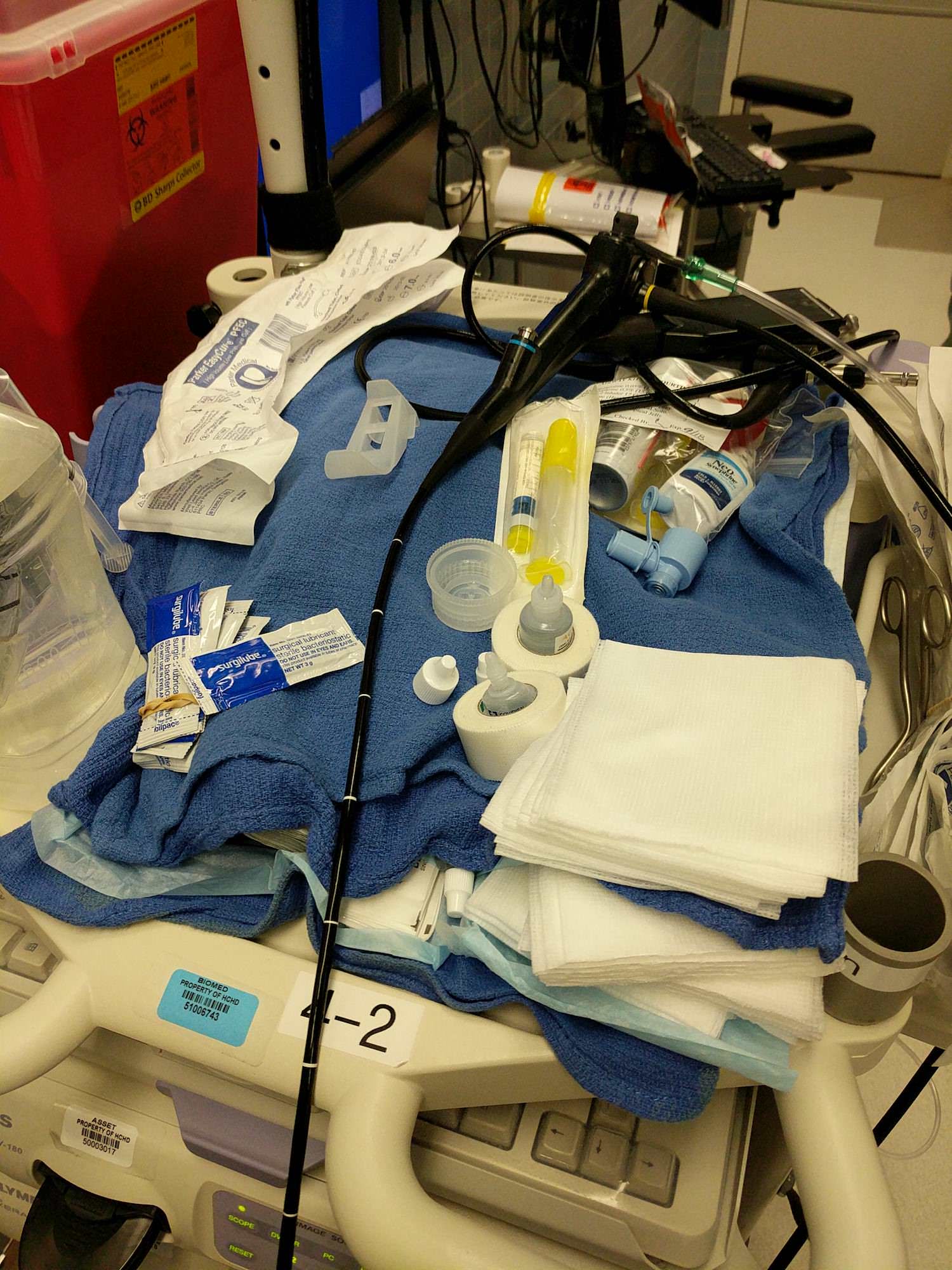
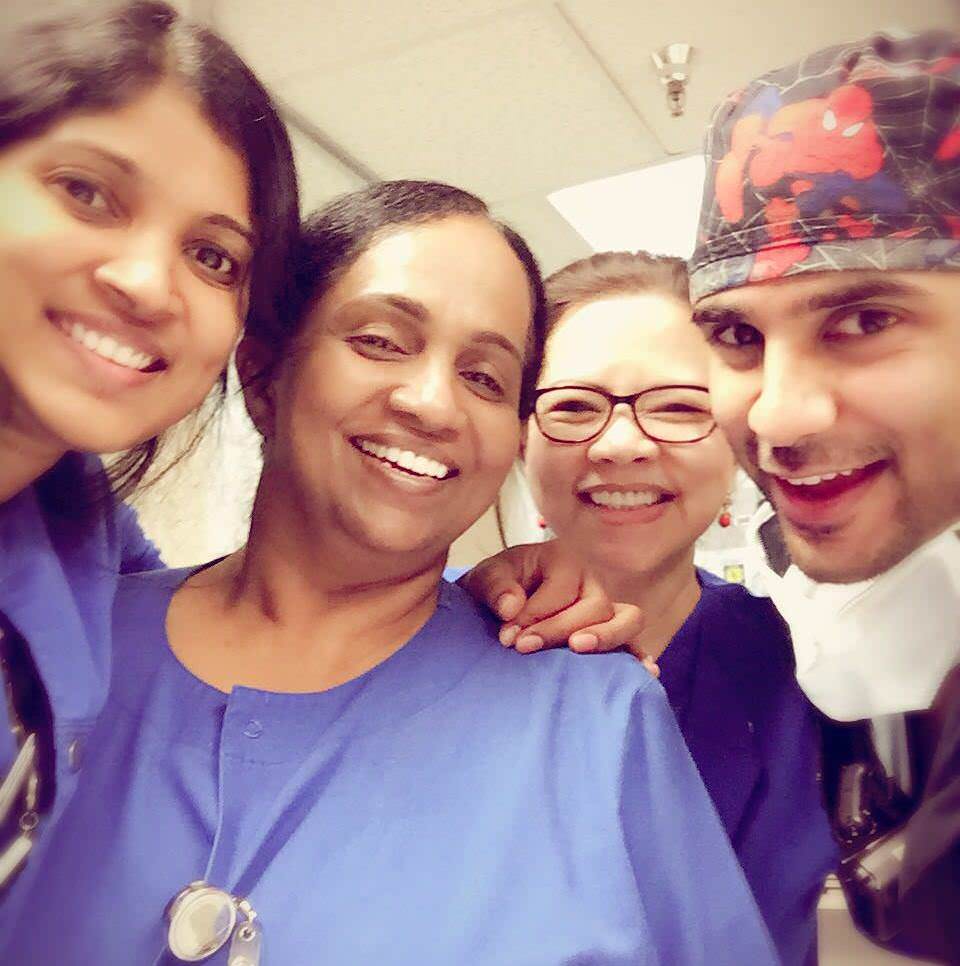


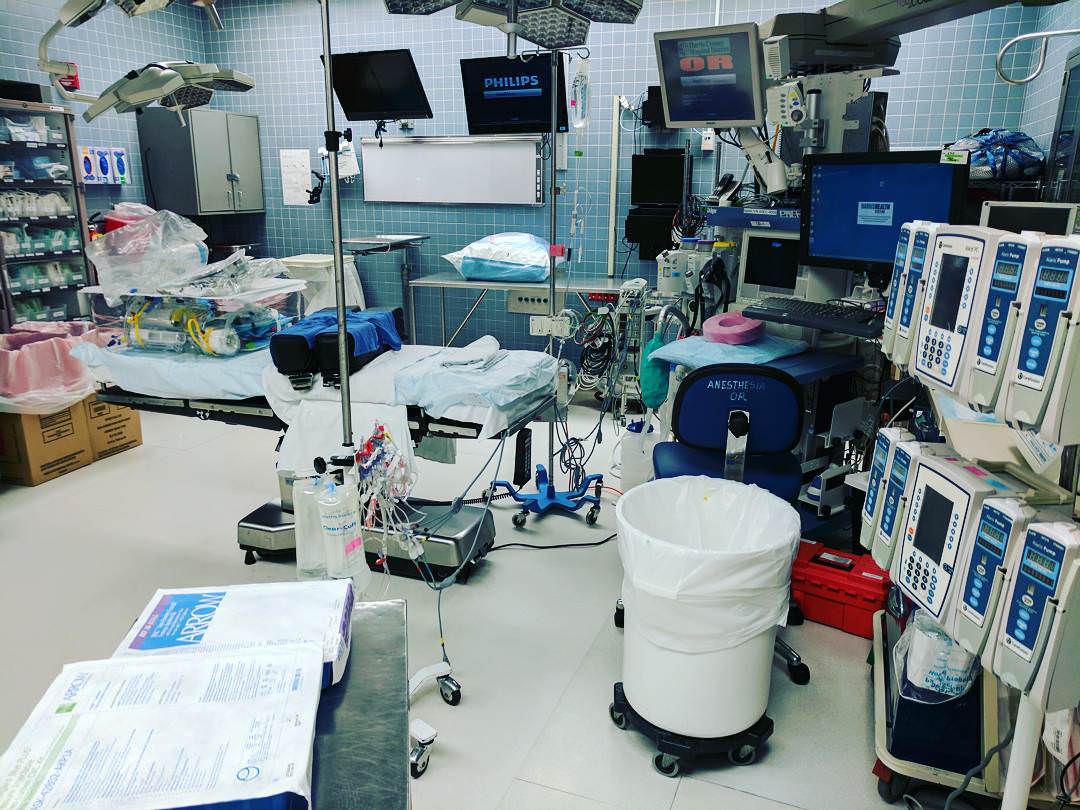

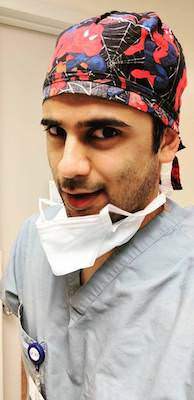
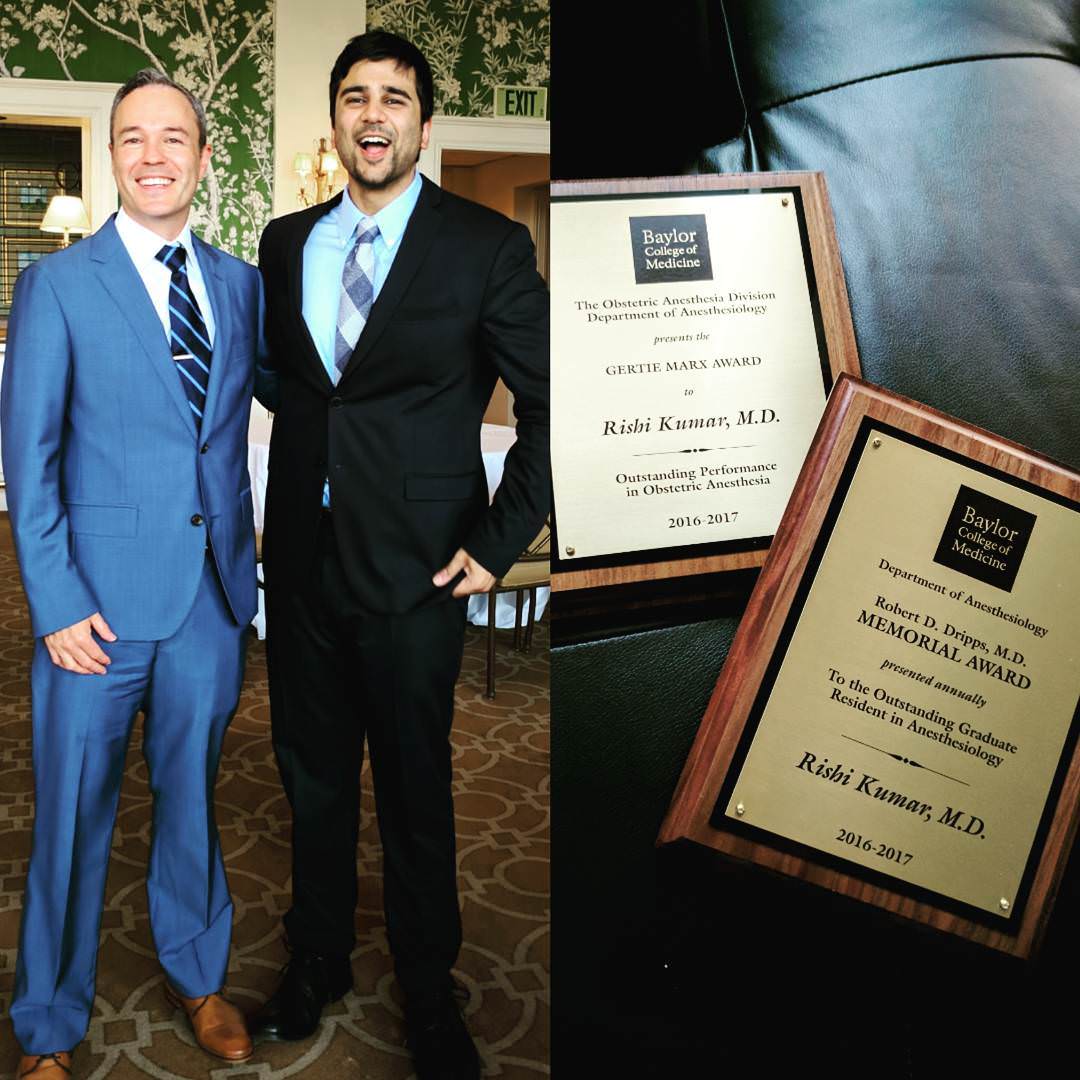

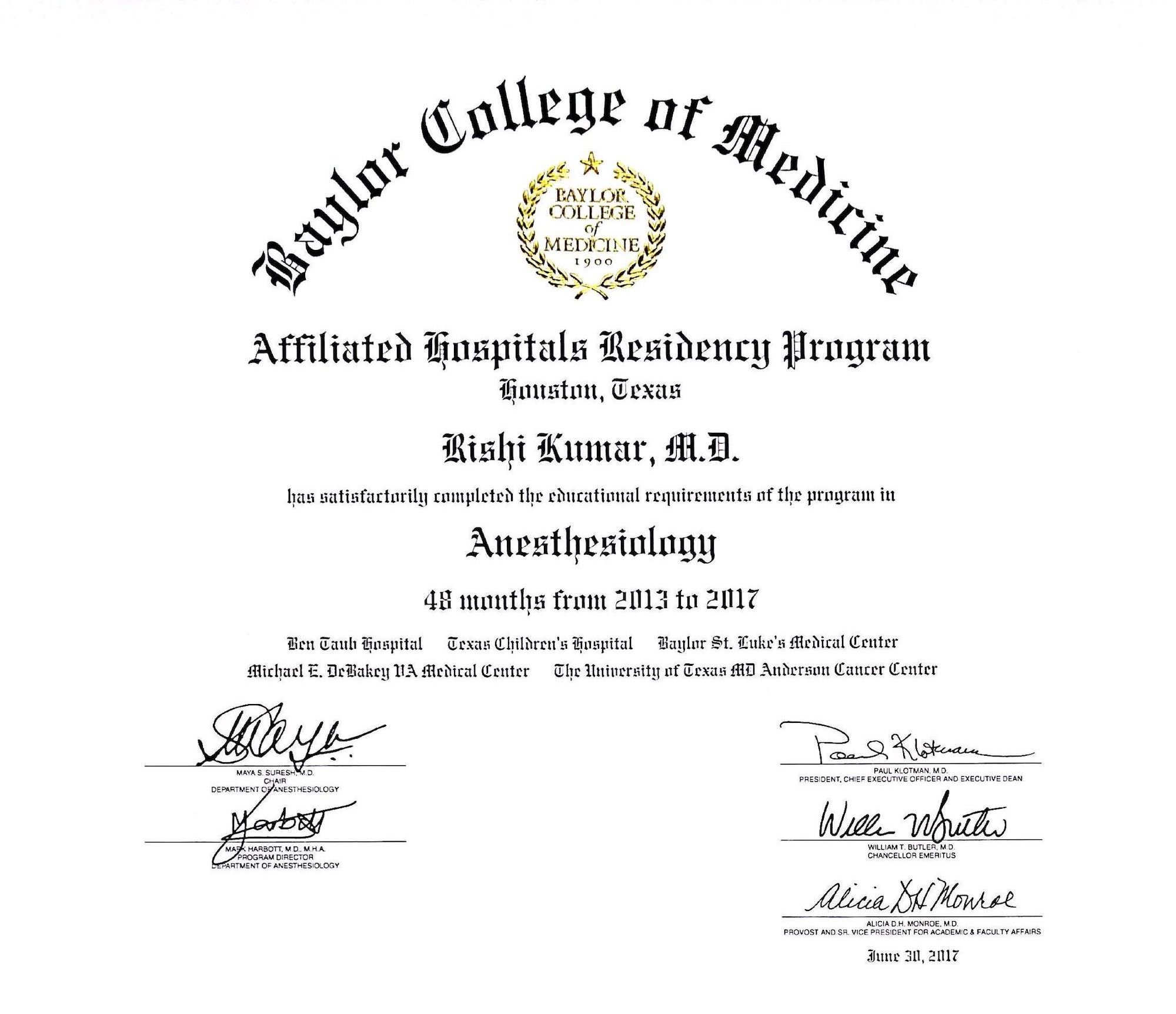




Hey Rishi! What do you suggest for studying/preparing for anesthesia during intern year? I’m thinking of reading through baby Miller and Anesthesia Co-existing disease. Let me know your thoughts. Thanks!
I’d strongly recommend getting through a basic anesthesia text like “baby” Miller or Morgan & Mikhail as an intern. I wouldn’t use Co-Existing Disease until a little later when you have a stronger foundation in basic anesthesiology. Good luck! 🙂
OK thank you! I am in preliminary I’M so just thought coexisting disease would help both medicine and anesthesia. What do you prefer in terms of Miller vs Barash vs Morgan? Thanks!
I started my CA-1 year using Barash, but within six months, switched exclusively to “big Miller” and never looked back. Just depends on your preference, but as an anesthesia resident, you should be reading one of the big texts through your training. 🙂
Congratulations!! I have been following your blog for quite a while now and as a medical student with a strong interest in Anesthesiology, your experiences have only made even more committed to pursuing the speciality. Thank you so much for sharing your thoughts and I wish you all the best in your fellowship and beyond. 🙂
Thank you so much for the kind words, Malik! Please let me know if you have any questions as you embark on your path towards anesthesiology! 🙂